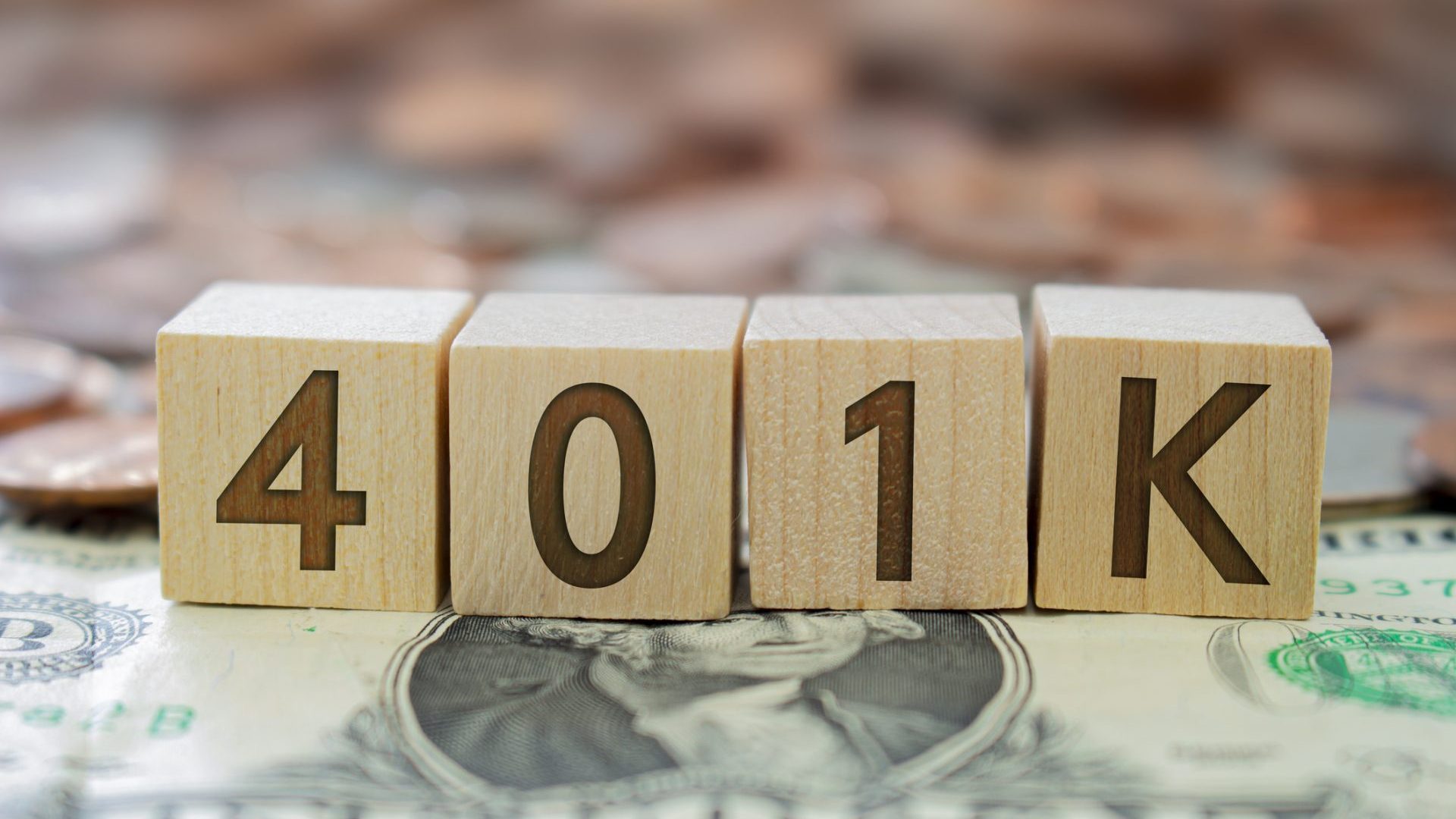
Millions of Americans have access to a 401(k), but many are leaving money on the table. According to Vanguard’s annual retirement savings report, nearly one in five workers isn’t taking full advantage of an essential retirement benefit.
Learn More: Here’s Why You Might Want To Invest Your Retirement Savings in a Roth 401(k)
Read Next: 5 Clever Ways Retirees Are Earning Up To $1K Per Month From Home
So, what’s the smartest move an employee can make with their 401(k)? According to financial experts, the overwhelming answer is clear.
Get the Employer Match — First and Always
When it comes to 401(k) plans, the single most important move an employee can make is to contribute enough to receive the full employer match. It’s one of the few instances in personal finance where the reward is both guaranteed and immediate.
A 401(k) employer match is a contribution made by an employer based on the employee’s retirement plan contributions. For example, if an employer matches 100% of contributions up to 5% of salary, an employee earning $60,000 per year could receive an additional $3,000 annually, just by contributing $3,000 themselves.
“If you’re not taking advantage of the full benefit, it’s like leaving free money on the table,” said Katharina Reekmans, a financial expert at TurboTax. “The contributions from your employer are an immediate return on your investment and with no risk.”
However, Reekmans said contributing to a 401(k) is a great way to save for the future, even without an employer match. For example, in 2025, 401(k) contribution limits rise to $23,500, with extra room for older workers through catch-up contributions.
For You: The Biggest 401(k) Mistake People Make, According to Dave Ramsey
Why People Miss Out
Despite the clear benefits, millions of eligible workers still don’t take full advantage of their 401(k) plans, especially the employer match.
According to Vanguard’s “How America Saves 2024” report, about 18% of eligible workers are not participating in their 401(k) plans at all. Among those who do contribute, many aren’t saving enough to qualify for the full match.
For some, it’s a matter of financial strain. Contributing to a retirement account can feel like a luxury when budgets are tight, especially for Gen X who are juggling caregiving for parents and children with rising living costs.
Gen X generally contributes the least to 401(k)s, often falling behind younger generations like millennials and Gen Z in terms of savings and participation rates. According to an annual Fidelity retirement planning survey, several factors contribute to this, including delayed savings initiation, lack of awareness about 401 (k) plans in their early years, and financial burdens related to family and career transitions.
Others don’t understand how the match works or assume their employer’s contribution will happen automatically, even if they’re not contributing themselves.
Other Smart 401(k) Moves
After securing the full employer match, there are several smart steps individuals can take to strengthen their retirement savings strategy.
Many 401(k) plans offer automatic escalation features that raise contributions by 1% each year. This slow increase can significantly boost retirement savings with minimal impact on take-home pay.
“I often see people set an initial contribution rate and forget to revisit it,” said Mindy Yu, Senior Director of Investing at Betterment at Work. “That’s where auto-escalation can help people avoid shortfalls in their savings.”
Yu explained, “Start with what you can afford, even if it’s just enough to get the match, and build from there. Set a reminder to increase contributions annually or use auto-escalation if available.”
Changing jobs is a common transition, but many workers forget to take their 401(k) with them.
“It can result in higher fees or misaligned investments if left unchecked,” Yu said. “If you’re not rolling your old 401(k)s over or actively managing them, that money can lose momentum.”
Individuals can also protect their retirement future by avoiding early 401(k) withdrawals, which often trigger taxes, penalties, and lost growth potential.
“If you withdraw from a 401(k) before you are age 59.5, the withdrawn amount will have a 10% early withdrawal penalty, leaving many shocked at tax time if they owe more than expected or are getting less of a refund,” Reekmans said.
Experts said the second-smartest thing individuals can do is start a 401(k).
“It’s never too early or too late to start saving,” Reekmans concluded.
More From GOBankingRates
- 5 Items With Greater Value at Dollar Tree Than Costco
- Mark Cuban Tells Americans To Stock Up on Consumables as Trump's Tariffs Hit -- Here's What To Buy
- How Middle-Class Earners Are Quietly Becoming Millionaires -- and How You Can, Too
- 5 Things You Must Do When Your Savings Reach $50,000
This article originally appeared on GOBankingRates.com: I’m a Financial Expert: This Is the No. 1 Thing Every American Should Do With Their 401(k)







